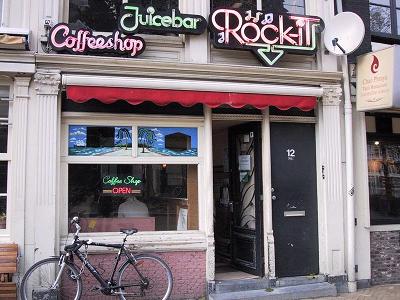The National Institute for Health and Care Excellence (not so NICE) wants hsopitals to ban smoking completely:
“We need to end the terrible spectacle of people on drips in hospital gowns smoking outside hospital entrances,” said Professor Mike Kelly, director of Nice’s centre for public health, which drew up the new guidance. It is a “contradiction” for the NHS, which spends £2.7bn a year treating smoking-related ilnesses, to let patients smoke and not do everything it can to wean them off their habit, he added.
It’s the smug classicism that puts the particularly rancid icing on this shit cake. There’s a place and time to get people to stop smoking and it’s not when they’re stressed out, tired and hurting in hospital. Removing smoking shelters from your hospital won’t stop people smoking, it just means that they smoke outside in the wind and rain. Sometimes there are worse problems than having people smoke, for example being a smug condscending prick who wants to take away what little pleasure people can get in hospital.
Reading this made me so angry because I’ve been there with Sandra when the VU hospital decided — over Christmas — to shut down their indoor smoking rooms because some cow took offence to them, so she had to trundle outside into the cold, in her wheelchair (or bed even) to get about the only bit of comfort she had during the two years she had to spent in hospital.
Mind you, it would get worse for the staff:
Under the proposals hospitals’ entire grounds would become non-smoking areas, smoking shelters would be banned and staff contracts would forbid them from “smoking during work hours or when recognisable as an employee, for example when in uniform or wearing identification or handling hospital business”.
This really is the enforcement of a priggish morality under the guise of health concerns, because why else would you be bothered by people smoking in uniform? NHS staff isn’t paid nearly enough to be this kind of role model.
